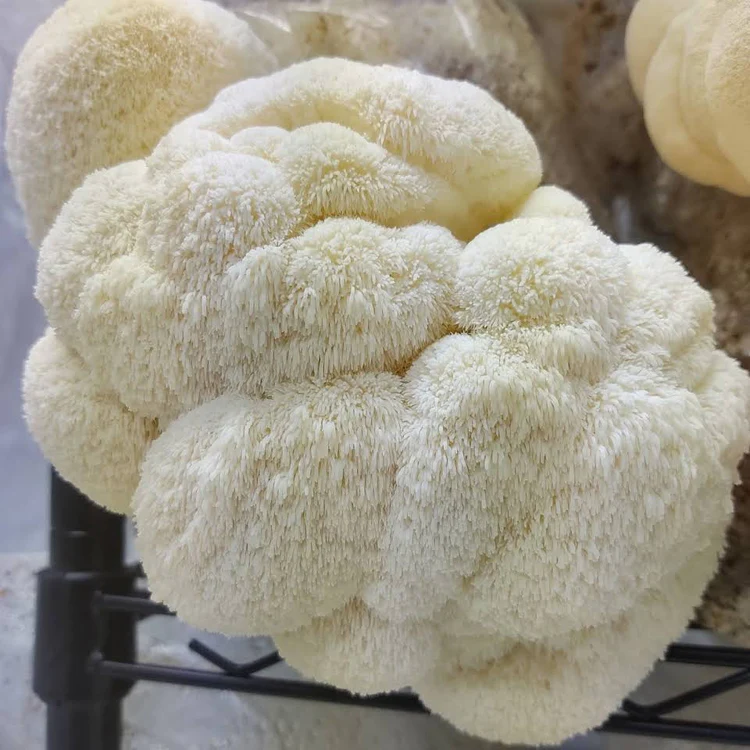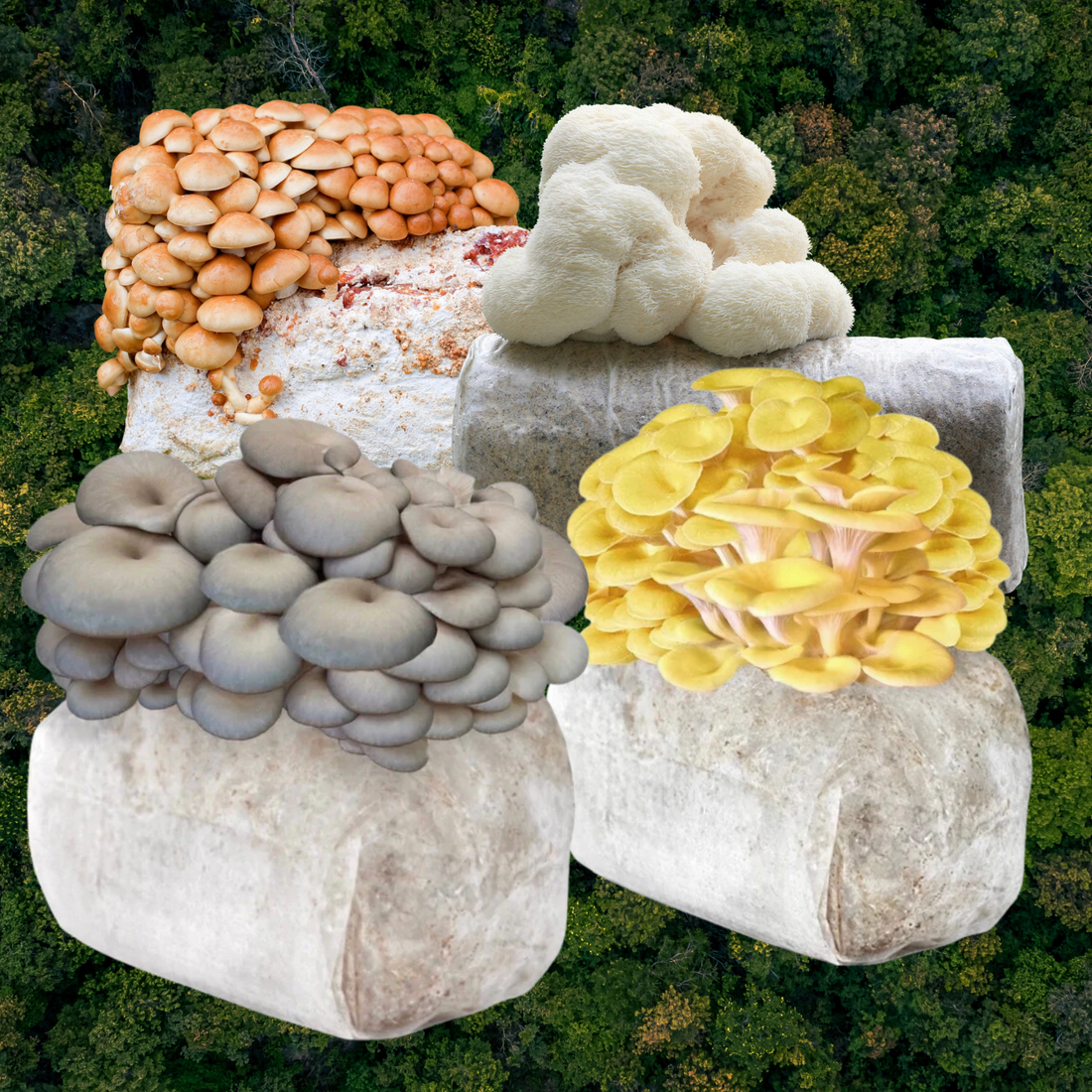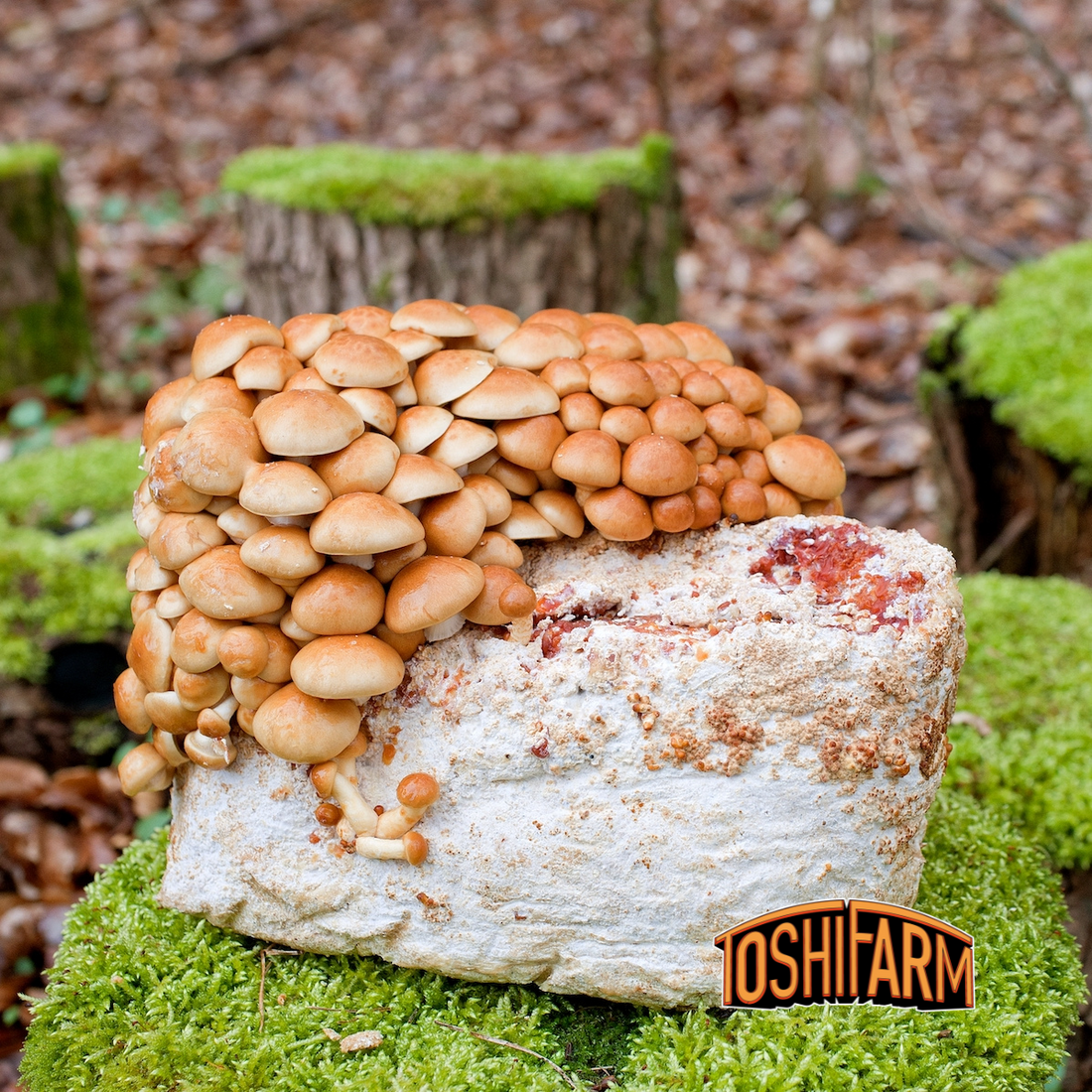23 products
-
Lion's Mane Growing Kit
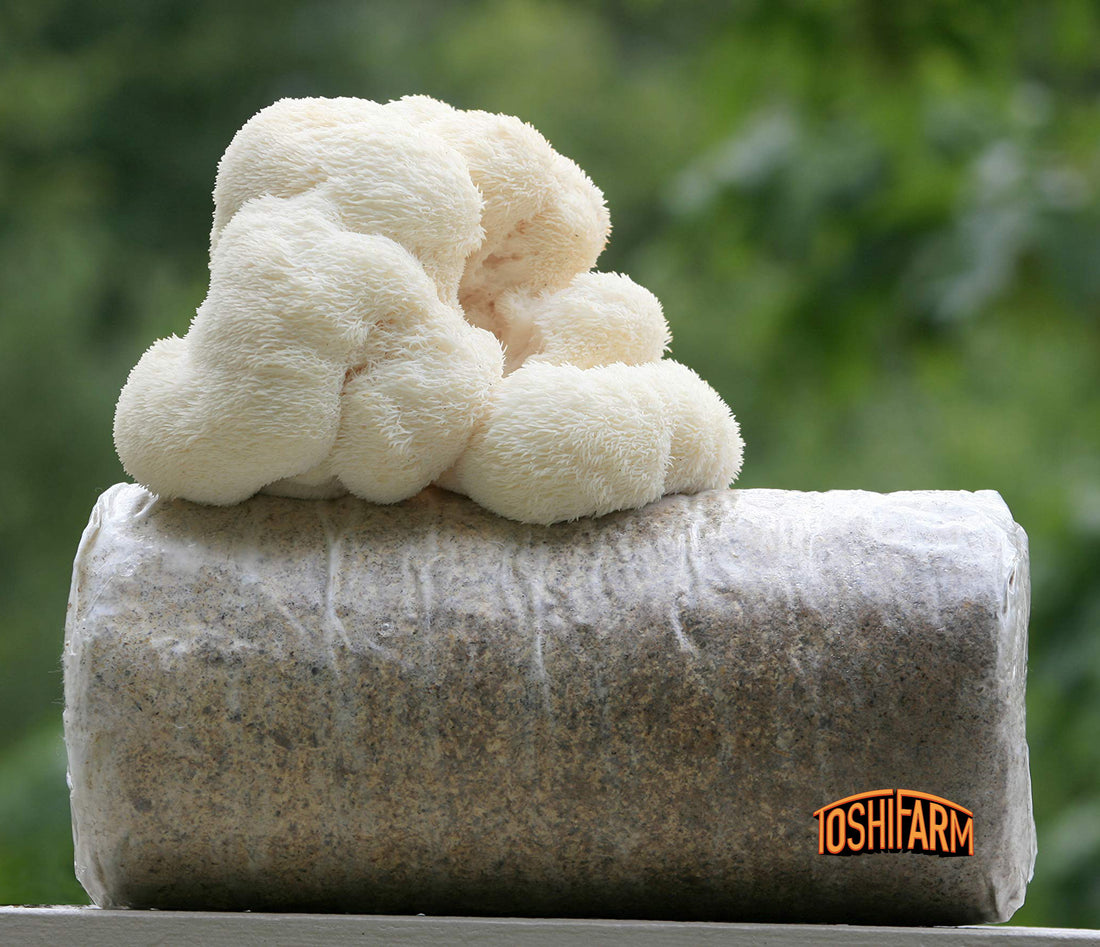
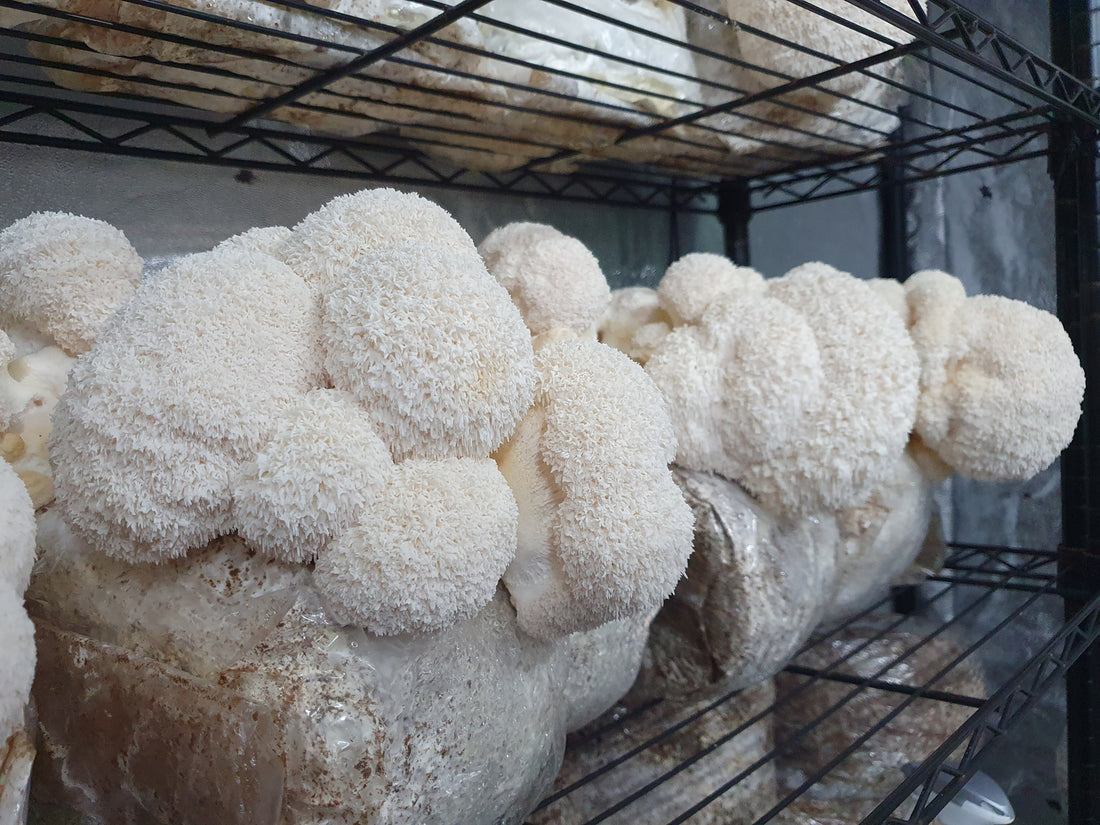 Vendor:Lion's Mane Growing KitToshiFarm
Vendor:Lion's Mane Growing KitToshiFarm- Regular price
-
€27,50 - Regular price
-
€34,50 - Sale price
-
€27,50
-
Spawn for Lion's Mane (Bearded Tooth Fungus)
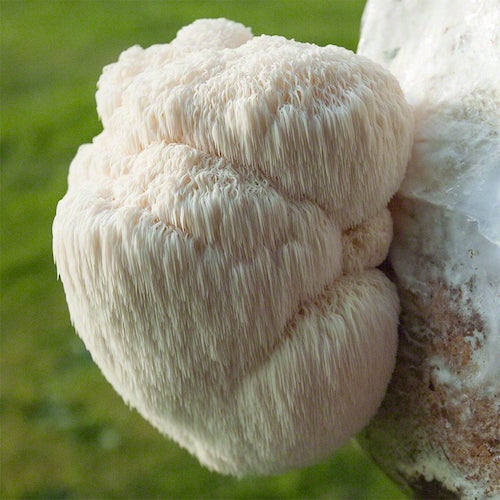
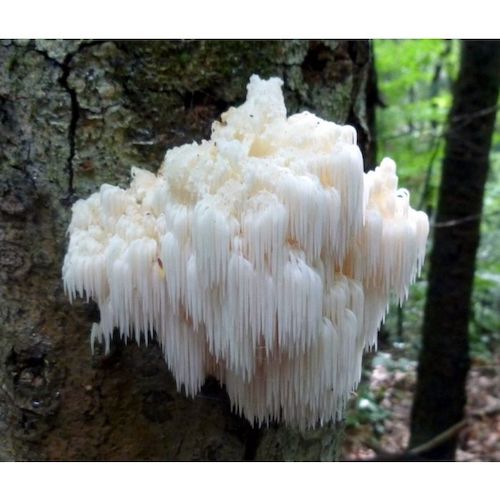 Vendor:Spawn for Lion's Mane (Bearded Tooth Fungus)ToshiFarm
Vendor:Spawn for Lion's Mane (Bearded Tooth Fungus)ToshiFarm- Regular price
-
From
€8,95 - Regular price
-
- Sale price
-
From
€8,95
-
Lion's Mane (organic) - Dried - Grade A
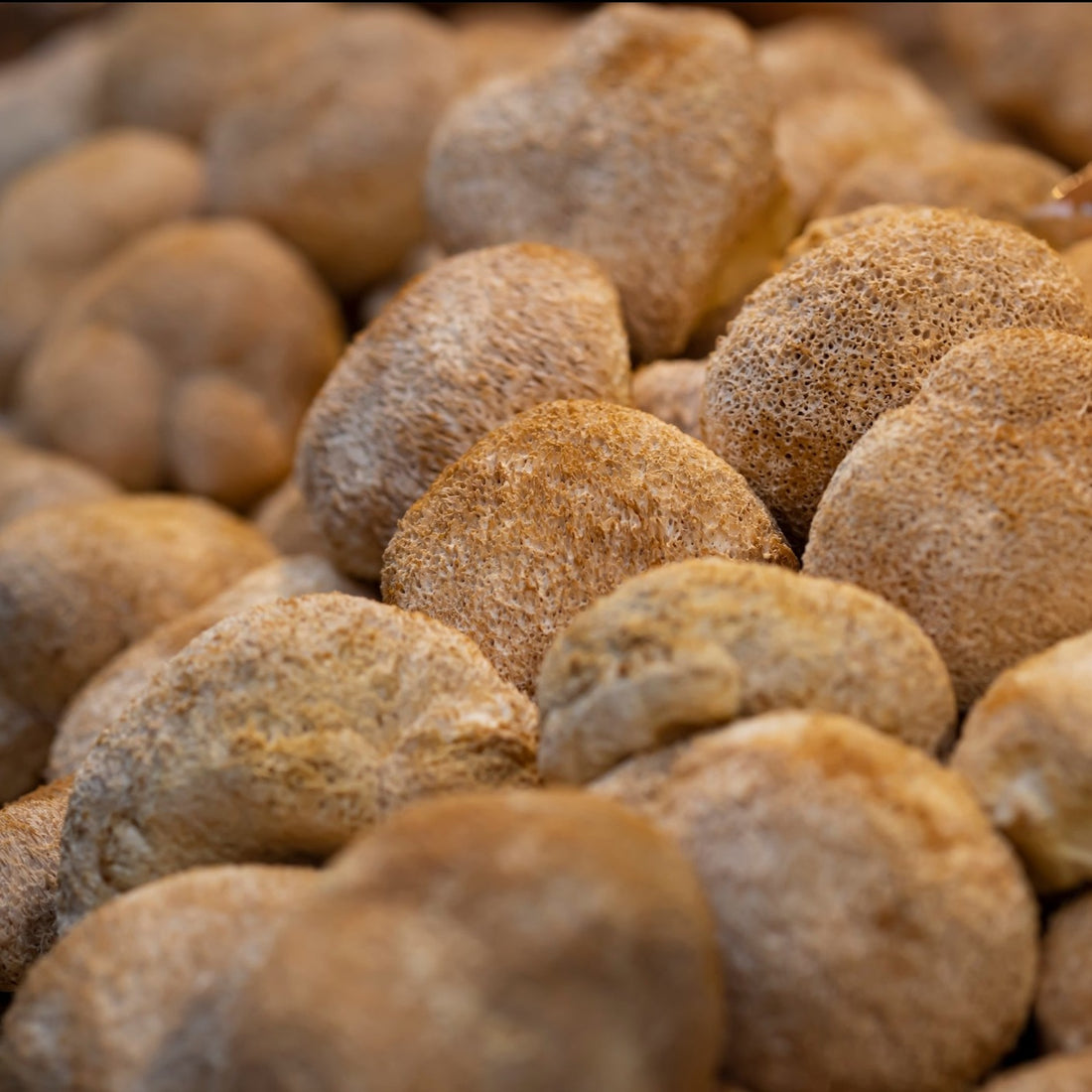
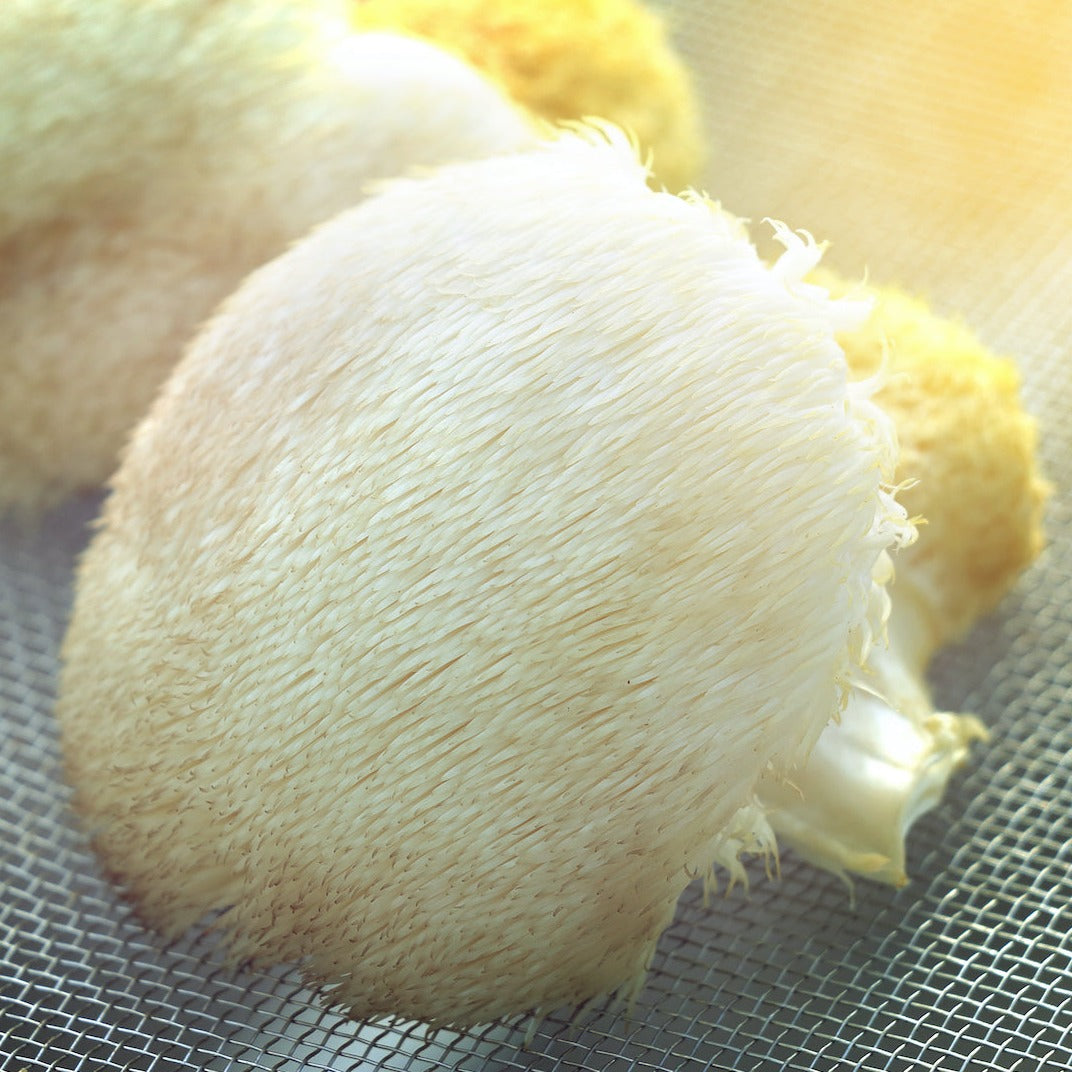 Vendor:Lion's Mane (organic) - Dried - Grade AToshiFarm
Vendor:Lion's Mane (organic) - Dried - Grade AToshiFarm- Regular price
-
From
€24,50 - Regular price
-
- Sale price
-
From
€24,50
-
Lion's mane powder (organic)
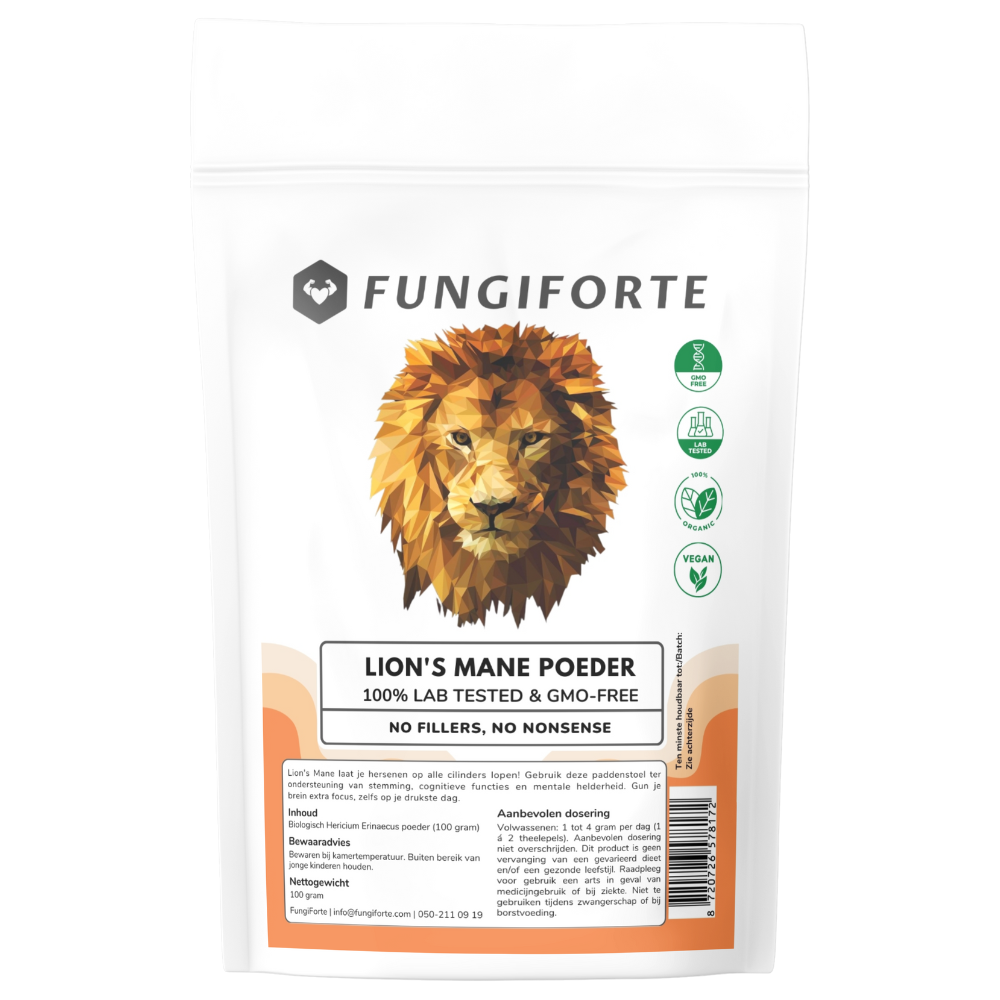
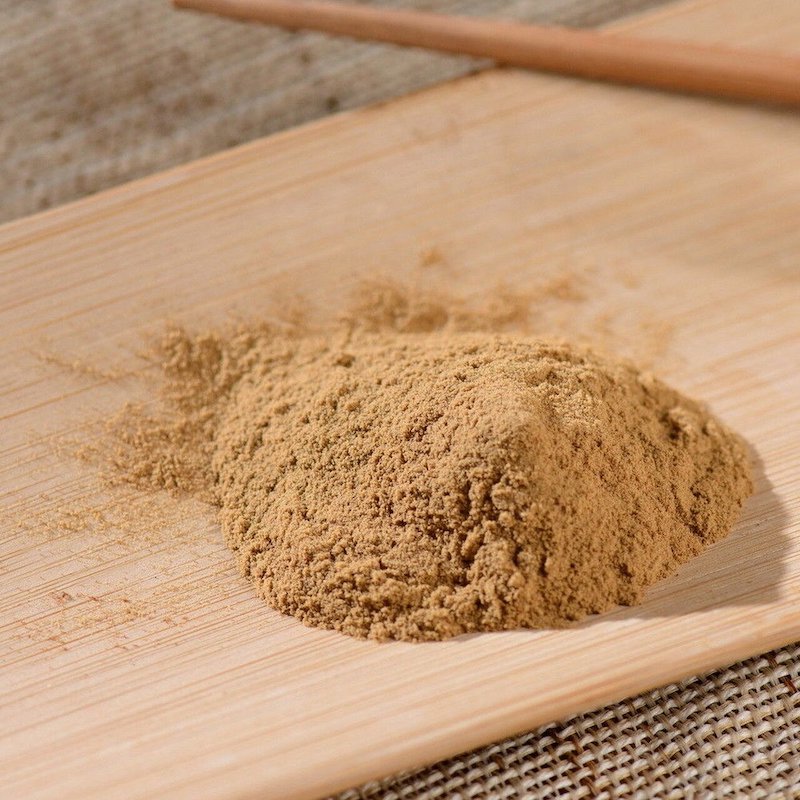 Vendor:Lion's mane powder (organic)FungiForte
Vendor:Lion's mane powder (organic)FungiForte- Regular price
-
€22,50 - Regular price
-
- Sale price
-
€22,50
-
Lion's Mane Extract 500mg (organic) - 90 pieces

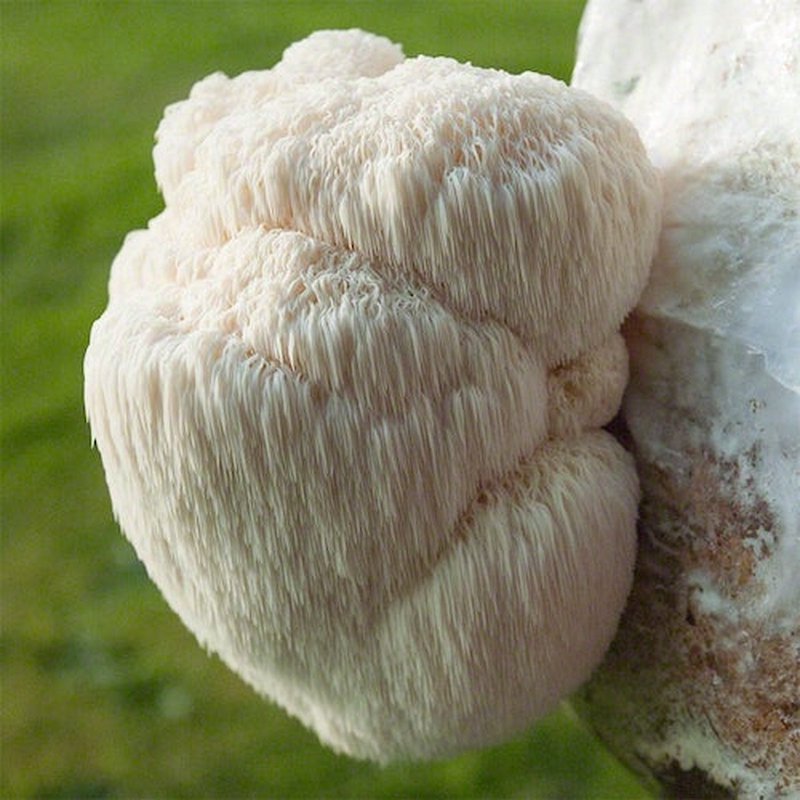 Vendor:Lion's Mane Extract 500mg (organic) - 90 piecesFungiForte
Vendor:Lion's Mane Extract 500mg (organic) - 90 piecesFungiForte- Regular price
-
€32,95 - Regular price
-
- Sale price
-
€32,95
-
Lion's Mane and Reishi Coffee - 200 grams (organic)
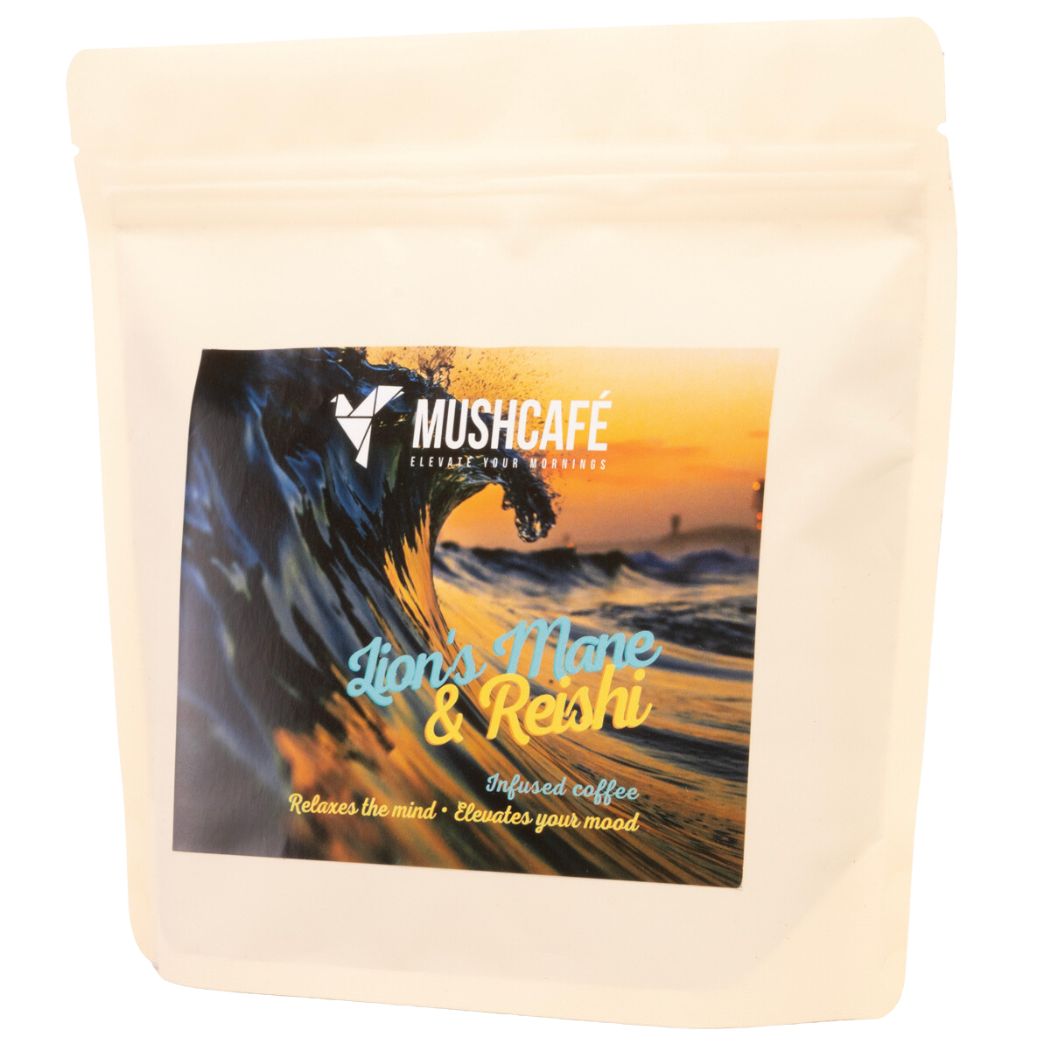
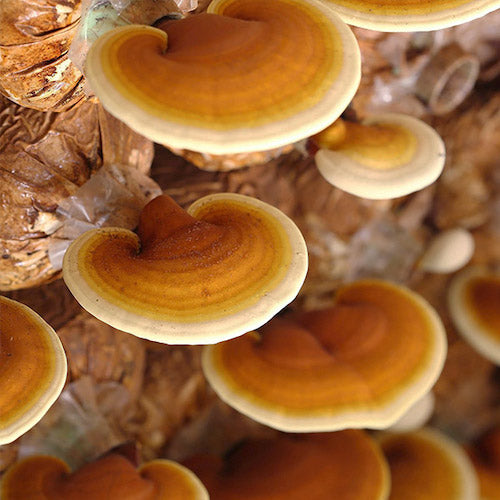 Vendor:Lion's Mane and Reishi Coffee - 200 grams (organic)Mushcafe
Vendor:Lion's Mane and Reishi Coffee - 200 grams (organic)Mushcafe- Regular price
-
€16,95 - Regular price
-
- Sale price
-
€16,95
-
Lion's Mane & Chaga Coffee - 200 grams (organic)
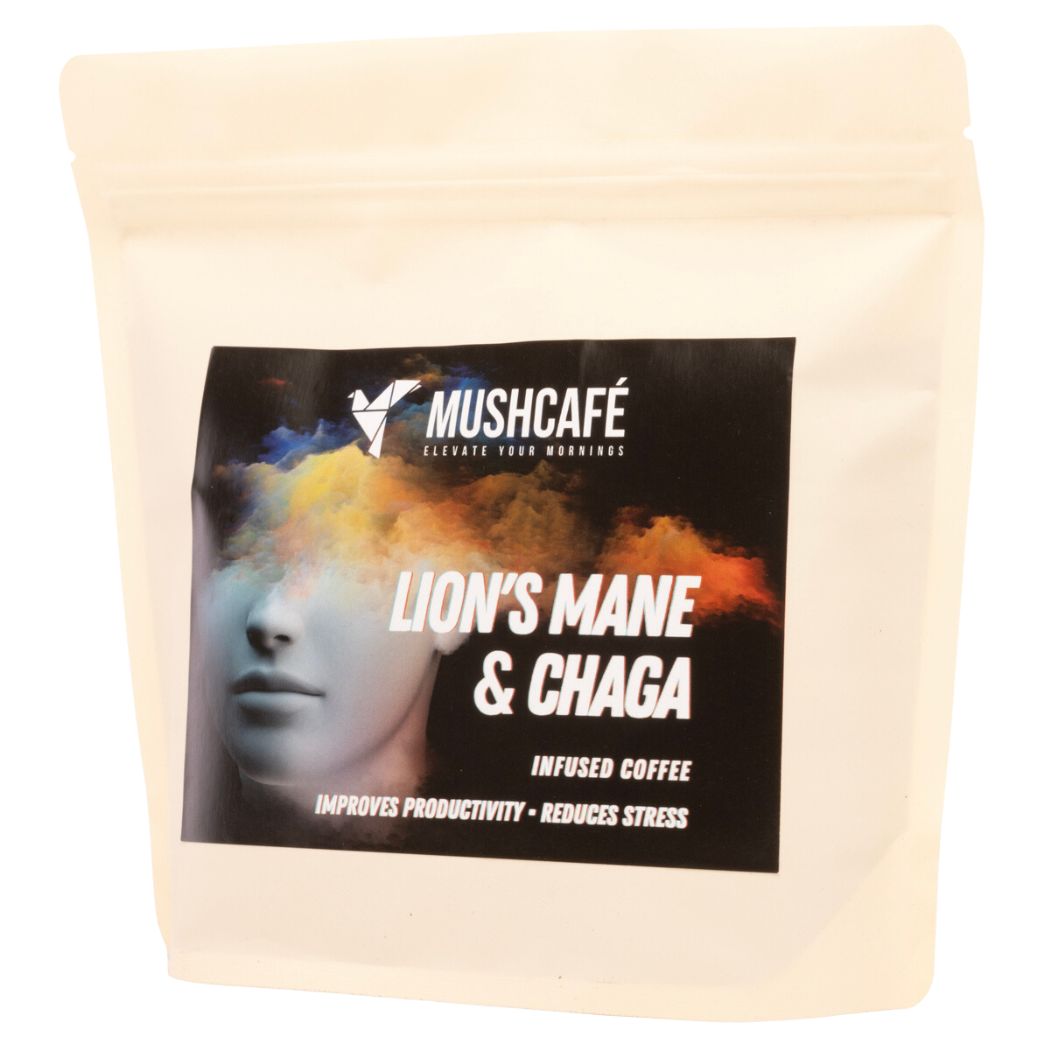
 Vendor:Lion's Mane & Chaga Coffee - 200 grams (organic)Mushcafe
Vendor:Lion's Mane & Chaga Coffee - 200 grams (organic)Mushcafe- Regular price
-
€16,95 - Regular price
-
- Sale price
-
€16,95
-
Lion's Mane & Turkey Tail Coffee - 200 grams (organic)
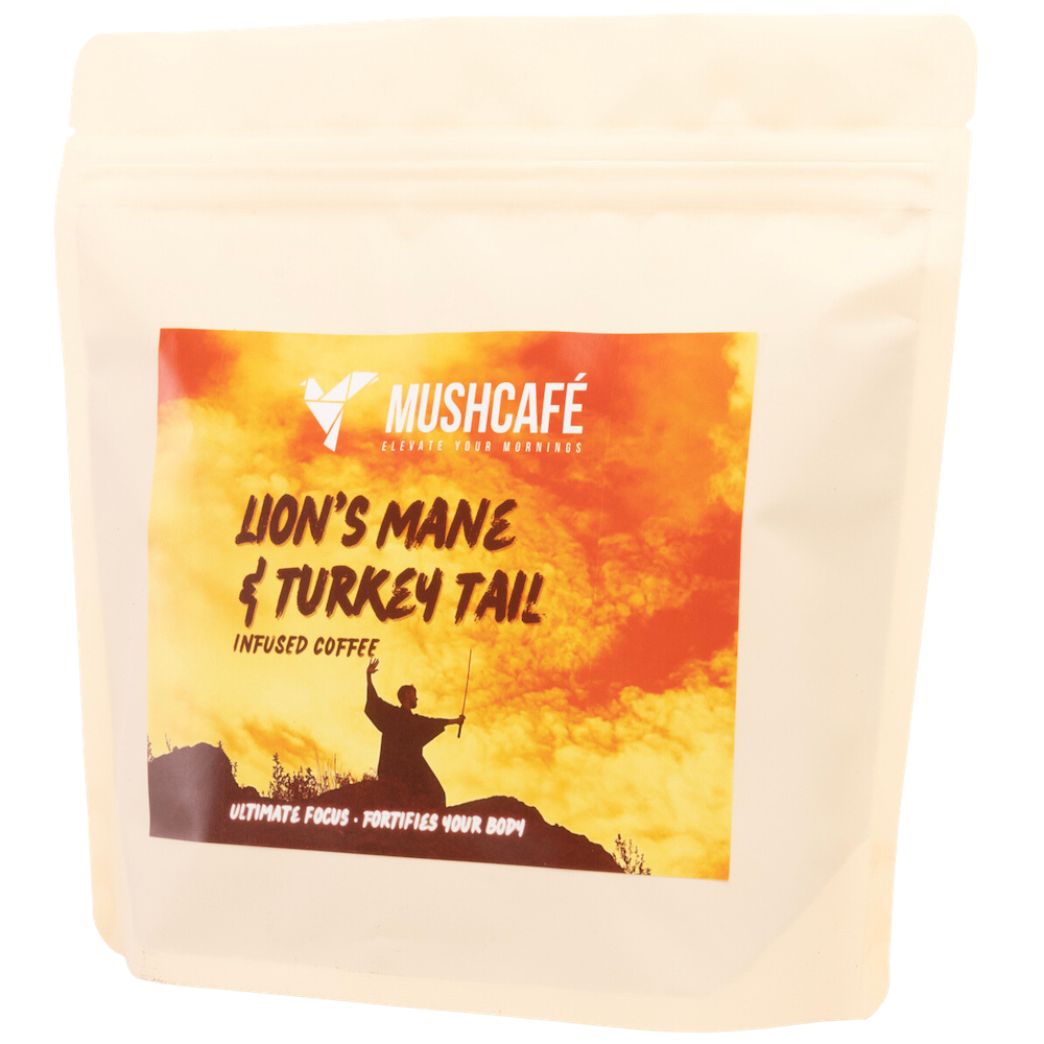
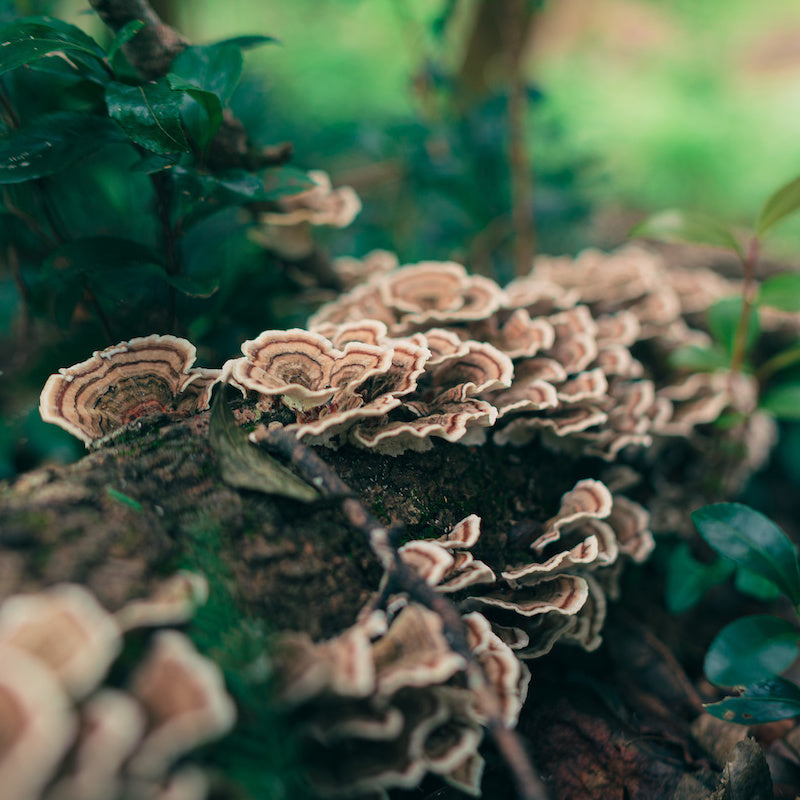 Vendor:Lion's Mane & Turkey Tail Coffee - 200 grams (organic)ToshiFarm
Vendor:Lion's Mane & Turkey Tail Coffee - 200 grams (organic)ToshiFarm- Regular price
-
€16,95 - Regular price
-
- Sale price
-
€16,95
-
Supplement Pack - 400 grams

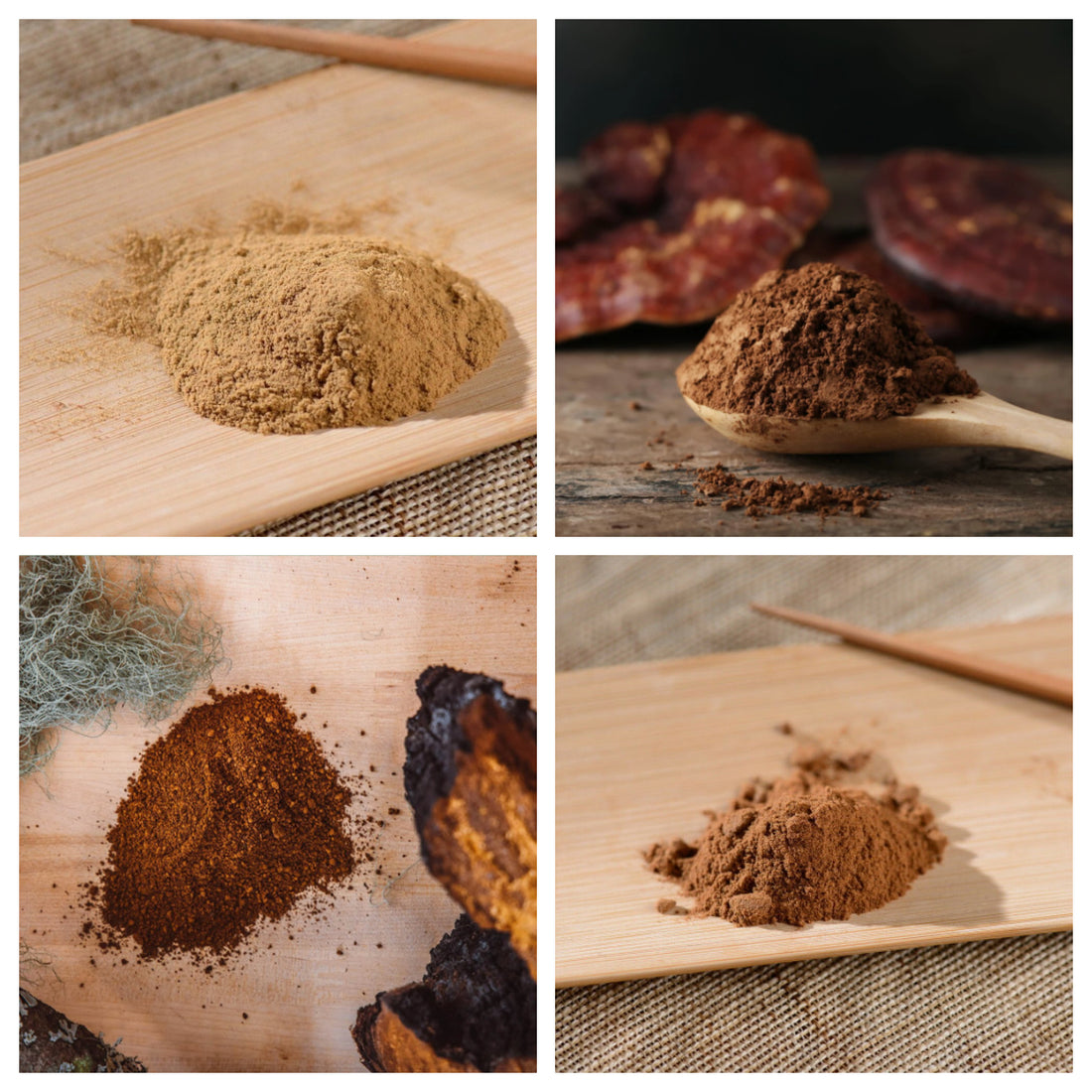 Vendor:Supplement Pack - 400 gramsFungiForte
Vendor:Supplement Pack - 400 gramsFungiForte- Regular price
-
€79,00 - Regular price
-
€90,00 - Sale price
-
€79,00
-
Cordyceps & Lion's Mane Extract Bundle

 Vendor:Cordyceps & Lion's Mane Extract BundleToshiFarm
Vendor:Cordyceps & Lion's Mane Extract BundleToshiFarm- Regular price
-
€59,95 - Regular price
-
€65,90 - Sale price
-
€59,95
Lion’s Mane ♡ Toshifarm
What is Lion’s Mane
Lion's Mane is an edible mushroom that belongs to the group of tooth fungi, scientifically known as Hericium erinaceus. The mushroom is native to North America, Europe, and Asia and grows on the dead trunks of hardwood trees. It is characterized by its long spines and tendency to grow a single cluster of hanging spines. Lion's Mane mushrooms are large, white, and hairy, resembling the mane of a lion.
In addition to culinary use, (dried) Lion's Mane is also sold as a dietary supplement due to its purported health benefits. It is particularly known for its potential cognitive, neuroprotective, and immune-supporting benefits. Some studies suggest that its use may contribute to nerve growth factors, potentially improving thinking and memory and possibly providing protection against diseases such as Alzheimer's.
Moreover, Lion's Mane mushrooms are recognized for their anti-inflammatory and antioxidant properties. They may help overcome dementia, anxiety, and depression. They are also rich in vitamins such as thiamine, riboflavin, and niacin, and essential minerals such as manganese, zinc, and potassium. The mushroom has been used for centuries for both its medicinal and culinary purposes and can support various aspects of health, including brain health, mood, energy, blood sugar levels, blood pressure, liver and kidney health, and may also help relieve depression.
Lion's Mane mushrooms can be eaten raw, cooked, or dried and are a delicious addition to dishes such as risotto, pasta, or soup. The powder of Lion's Mane mushroom can be mixed into hot water, tea, coffee, a smoothie, or other drinks, and can also be added to soup, stew, or gravy. The use of Lion's Mane is possibly safe in a dose of grams per day for weeks, and the side effects are mild and may include stomach upset, although more research is needed to determine long-term safety and potential side effects.
Nutrition Tip: Oyster Mushrooms in Soy Sauce
For when you’ve had enough of Lion’s Mane!
The ‘Bearded Tooth’
Bearded Tooth and Lion's Mane are two names for the same mushroom species, scientifically known as Hericium erinaceus.
Some of the health benefits attributed to Lion's Mane include:
- Brain Function: Lion's Mane contains compounds that can stimulate the growth of brain cells and improve cognitive function.
- Immune System: Some studies suggest that Lion's Mane can strengthen the immune system and reduce inflammation.
- Digestive Health: Lion's Mane may have a prebiotic effect, promoting the growth of beneficial gut bacteria and improving digestive health.
Lion's Mane can be consumed fresh or dried and is often used in soups, stews, and stir-fries. It can also be taken as a dietary supplement in the form of capsules or powders.
Lion’s Mane Effects
In your quest for natural supplements, you may come across the Lion's Mane mushroom, a marvel of nature with a range of health benefits. If you are interested in improving your cognitive functions, you might be amazed at what this mushroom has to offer. Scientific studies have shown that Lion's Mane can have a positive effect on your brain, especially by stimulating the nerve growth factor (NGF), a crucial protein that helps maintain and repair neurons.
Boosting your memory and thinking ability is not the only benefit. The anti-inflammatory and antioxidant properties of Lion's Mane can also be a blessing for your overall well-being. It helps your body fight oxidative stress, a culprit for many chronic diseases and premature aging. Moreover, it can also help regulate your emotions. Research indicates that it can have a calming effect, which is especially useful if you struggle with anxiety or depression.
When exploring the nutritional value, you will discover that Lion's Mane is also a good source of important nutrients. It not only adds a unique flavor to your meals but also provides essential vitamins and minerals that contribute to your overall nutritional profile.
If you decide to add Lion's Mane to your diet, you can consume it in various ways. Whether you mix it in powder form into your favorite drink or enjoy a delicious dish with fresh or dried mushrooms, you will find that Lion's Mane is a versatile addition to your menu.
On the safety side, although Lion's Mane is generally considered safe, it is always a good idea to discuss your dosage with a healthcare professional, especially if you have pre-existing health conditions or are taking other medications. The adventure of exploring the benefits of Lion's Mane can be an exciting journey towards improving your health in a natural and sustainable way.
Benefits of Lion’s Mane
Based on scientific evidence, several of the mentioned benefits of the Lion's Mane mushroom are supported to varying degrees:
- Cognitive Support: Lion's Mane is associated with improved cognitive functions due to its neurotrophic properties, which promote the growth and differentiation of neurons, especially through the induction of Nerve Growth Factor (NGF) synthesis in nerve cells.
- In a study published in Phytotherapy Research in 2009, Lion's Mane extract showed potential benefits for older adults with mild cognitive impairment over a period of 16 weeks.
- Neuroprotective Properties: The neurotrophic factors of the mushroom may protect neurons, which could be beneficial against neurodegenerative diseases such as dementia.
- Reduction of Stress and Anxiety: A 2015 study suggested that the extract of the Lion’s Mane mushroom may be beneficial in treating anxiety and depression.
- Anti-inflammatory and Antioxidant Benefits: Although no specific studies were cited, it is known that Lion's Mane contains compounds such as hericenones and erinacines, which may offer antioxidant benefits.
Important! Don’t Fall for the Myths
Other mentioned benefits such as immune system support, digestive health, heart health, and general vitality are often anecdotal or mentioned in traditional medicine contexts, but the scientific evidence may not be as robust or well-established as the benefits above.
Completely Sold? Start Growing Lion’s Mane Now
Disadvantages of Lion’s Mane
While Lion's Mane offers promising benefits, there are also some disadvantages and potential side effects to consider. Some people may experience mild stomach upset, especially at higher dosages. Allergic reactions, although rare, can also occur and usually manifest as respiratory issues or skin rashes. There is also insufficient research on the long-term effects of Lion's Mane, making its long-term safety unknown. Additionally, it may interact with other medications, especially blood thinners, highlighting the importance of consulting a healthcare professional before adding Lion's Mane to your health regimen. The lack of extensive research also means that the optimal dosage and full range of potential side effects are not yet fully established, requiring caution when using this supplement.
Lion’s Mane Side Effects
The experts at Toshifarm and our customers have never experienced side effects from using Lion’s Mane.
Should side effects of Lion's Mane occur (1 in 500 cases), they are generally mild but can include stomach upset, diarrhea, and bloating. In rare cases, allergic reactions may occur. There is also some concern about potential interactions with blood-thinning medications. Although Lion's Mane is generally considered safe, it is advisable to consult a healthcare professional before using the supplement, especially if you have pre-existing medical conditions or are taking other medications.
Growing Lion’s Mane, How Do I Start?
For handy tips, check out our guide on growing Lion’s Mane!
To grow Lion's Mane on Masters Mix, certain supplies such as a pressure cooker, grow bags, and spawn for Lion's Mane are needed. Generally, a mixture of hardwood pellets and wheat bran is prepared, placed in grow bags, and sterilized. After sterilization and cooling, the Lion's Mane spawn is added to the bags. The bags are first placed in a dark, warm area until the substrate is fully colonized, then moved to a lighter, cooler area to stimulate growth. During the growth phase, a cut is made in the bag for oxygen supply, and the mycelium is sprayed to help the fruiting bodies grow. Once the Lion's Mane reaches a good size, it is time for harvest.
Hericium Erinaceusmane
Lion's Mane, or Hericium Erinaceus, gets its name from its unique appearance. The mushroom has long, white, shaggy spines that resemble the mane of a lion, hence the name "Lion's Mane." The appearance of this mushroom is quite distinctive and striking, making the association with a lion's mane quickly made.
FAQ
How much Lion’s Mane per day?
You can take a daily dose of Lion's Mane that varies based on the form in which you consume it. For capsules, it is advised not to take more than 1,500 mg. If you have it in powder form, limit yourself to half to one teaspoon. It is versatile and can be added to smoothies, coffee, tea, or just hot water, or even consumed pure.
What does Lion's Mane do?
Lion's Mane works wonders for your mind and body. This unique mushroom, also known as bearded tooth, offers neuroprotective benefits, such as supporting nerve cell growth and the repair of nerve tissue. This can contribute to improving your memory and concentration. Additionally, some studies suggest that it can reduce symptoms of depression and anxiety, relieve stress, and even have a positive impact on your gut health.
What is Lion's Mane good for?
Lion's Mane is good for a range of health benefits. Aside from boosting your cognitive function, research shows that it has anti-inflammatory and antioxidant properties, contributing to overall better health. It can also promote the growth of good gut bacteria and strengthen your immune system. There are even indications that it has anti-tumor effects.
Where to buy Lion's Mane?
Lion's Mane, also known as Bearded Tooth or Hericium erinaceus, can be easily and quickly purchased at Toshifarm. Whether you are interested in Bearded Tooth - Hericium powder, spawn, grow kit, or extract, Toshifarm offers you a range of options. Moreover, you often benefit from attractive offers, ensuring you always get value for your money.
What does Lion's Mane do to your body?
Lion's Mane does several things to your body. It supports cognitive function, promotes clarity, concentration, and memory by stimulating the production of Nerve Growth Factor. Furthermore, it can reduce symptoms of depression and anxiety, combat inflammation, support the gut microbiome, and strengthen the immune system. However, further research is needed to fully confirm these effects.
How long can you use Lion's Mane?
Lion's Mane can be used indefinitely, but the duration often depends on individual factors. In some studies, people have used it for several weeks to months without reporting serious side effects. However, due to the lack of extensive long-term studies, no specific recommended duration has been established.
What is in Lion's Mane?
Lion's Mane, also known as bearded tooth, contains various bioactive substances such as hericenones and erinacines. These substances can stimulate the production of Nerve Growth Factor (NGF). Additionally, it contains antioxidants and anti-inflammatory compounds.
What is bearded tooth good for?
Bearded tooth (Lion's Mane) may support cognitive function, have neuroprotective effects, contribute to mental health, have anti-inflammatory and antioxidant effects, support gut health, and strengthen the immune system.
Is Lion's Mane safe?
Lion's Mane is generally considered safe. However, some people may experience allergic reactions or other side effects.
What time to take Lion's Mane?
The most suitable time to take Lion's Mane depends on the intended purpose. For cognitive support, it is often taken in the morning or afternoon. However, there are no strict guidelines, and it can vary per individual.


